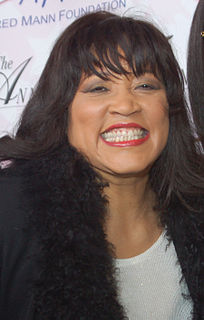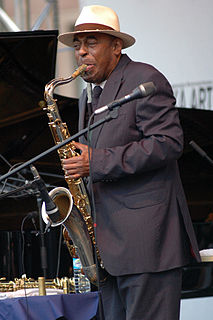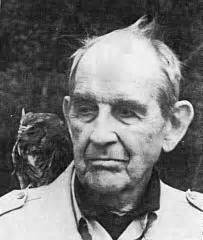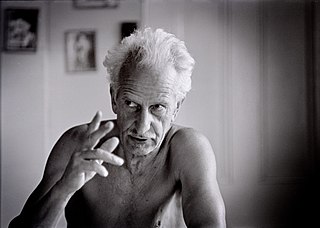A Quote by Eugene Delacroix
Nature is a dictionary; one draws words from it.
Quote Topics
Related Quotes
Actually if a writer needs a dictionary he should not write. He should have read the dictionary at least three times from beginning to end and then have loaned it to someone who needs it. There are only certain words which are valid and similes (bring me my dictionary) are like defective ammunition (the lowest thing I can think of at this time).
The dictionary is like a time capsule of all of human thinking ever since words began to be written down. And exploring where words have come from can increase your understanding of the words themselves and expand your understanding of how to use the words, and all of this change happens in your thinking when you read the words.
The bold and discerning writer who, recognizing the truth that language must grow by innovation if it grow at all, makes new words and uses the old in an unfamiliar sense has no following and is tartly reminded that 'it isn't in the dictionary' - although down to the time of the first lexicographer no author ever had used a word that was in the dictionary.
Music is a language, and it's like a dictionary that has a lot of words, but if you limited yourself to a couple of definitions you would be illiterate. If one limits oneself to a peculiar definition like 'new music,' 'avant-garde,' or something like that, I think it's like cutting out half the dictionary.
Fail, it's not in my dictionary. I've got a good dictionary up there and the words 'fail' and 'failure' have been ruled out for years. I don't know what people are talking about who use that word. All I do know is temporary non-success, even if I've got to wait another 20 years for what I'm after, and I try to put that into people, no matter what their object in life.








































